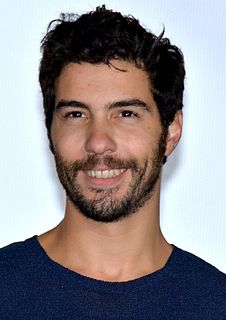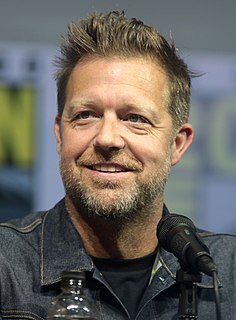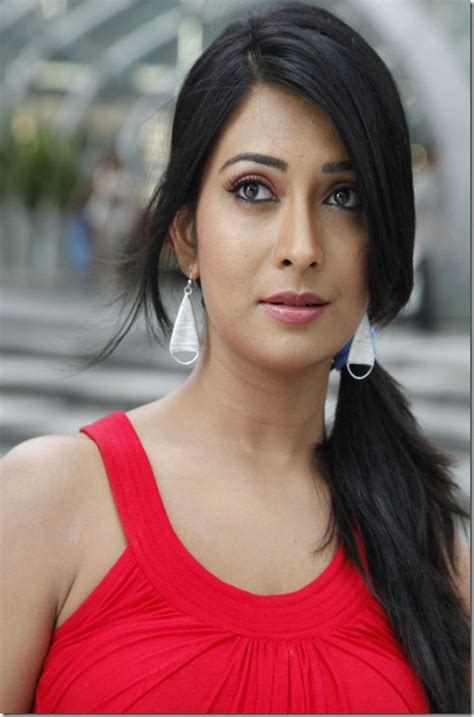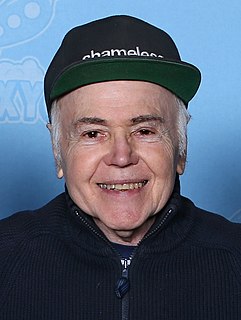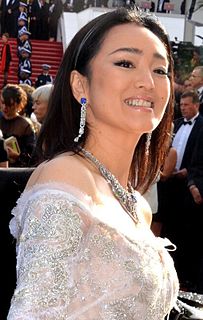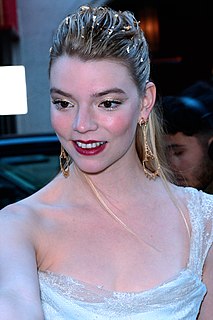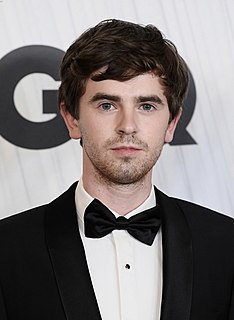A Quote by Tahar Rahim
I'm looking for challenges, and as always, what matters is the script, the character and the director.
Quote Topics
Related Quotes
I always loved movies, but I never thought I would presume to be a screenwriter and definitely not a director. I spent a lot of time for no money trying to teach myself how to write a script. It always felt like everybody was looking the other way and sneaking that script through the system, but it did well later on video and got another chance.
With a good script a good director can produce a masterpiece; with the same script a mediocre director can make a passable film. But with a bad script even a good director can’t possibly make a good film. For truly cinematic expression, the camera and the microphone must be able to cross both fire and water. That is what makes a real movie. The script must be something that has the power to do this.
I have been waiting around to get the right script and the right director. For example, in the past, if a Hollywood director came to me with a script and wanted me to play a character, and she was a stereotypical Asian woman who gets into a fight and gets killed off quickly, that didn't seem to have much interest for me.
When I'm making the movie, I absolutely do. I work so hard, and out of the raw material that is the script and talks I have with the director, the writer, I create, I hope, a very specific person who wouldn't have otherwise existed. However, do I then attach and hang on to the finished product? No. The experience of the creation of the character is what feeds me, what excites me, challenges me.
The way I pick movies is, first, if the script is any good. Then, if the script is good, who else is in it, the director, the producer, all that. If you have all that, there's a chance the movie will be great. If the script isn't right, or the director or cast isn't right, you've got no shot in hell.
